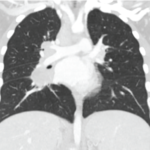We have often heard it said that opportunity arises from challenges. Challenge, of course, is really just a polite way of saying problem—and for our patients, problems abound when it comes to obtaining timely and affordable access to the rheumatologic care they need. Access in this context has many meanings: There is access to life-changing…




